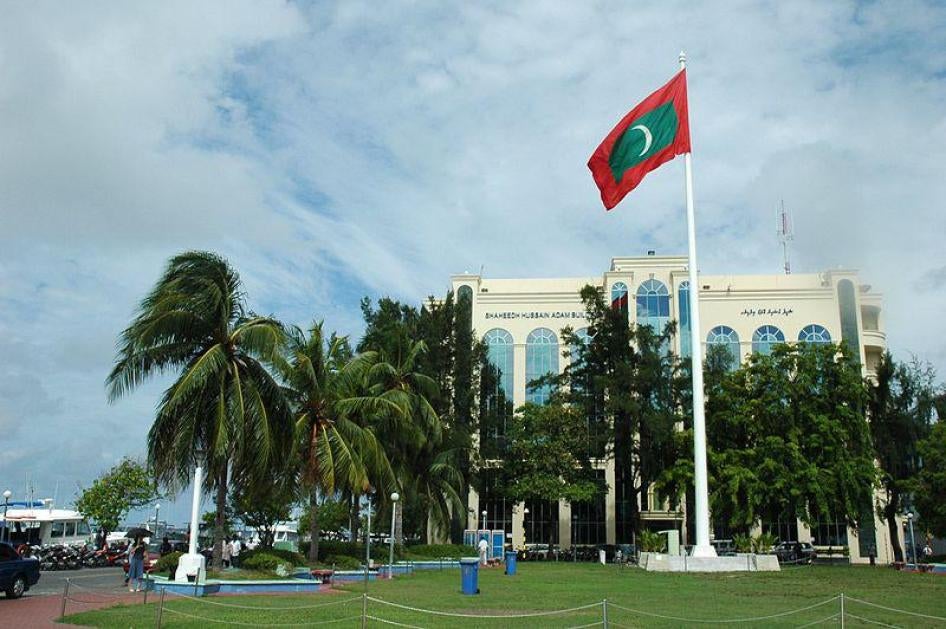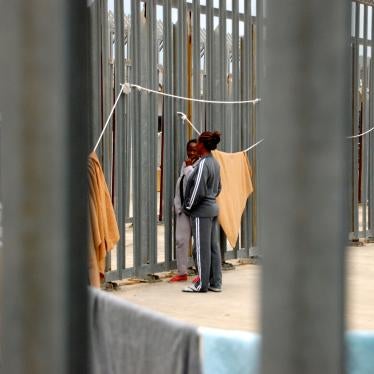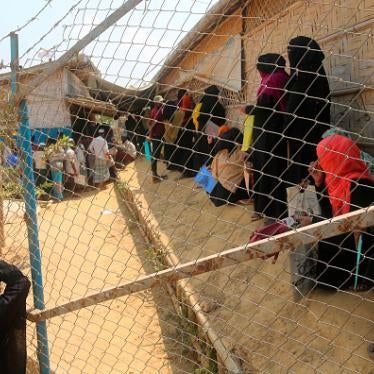The global spread of infectious diseases is inevitable in an age of international travel, globalization, and shared economies. Even a small island nation offers no protection, as the Maldives has discovered with the COVID-19 outbreak.
According to Maldives health authorities, as of March 27 there were five active cases of COVID-19, two of them tourists and one a Maldivian returning from England. Because of limited testing the number could be higher. Although its economy is heavily dependent on tourism, the Maldives has decided to take the precaution of ending visas on arrival for foreign visitors.
But the Maldives faces another big challenge. The other two cases of COVID-19 reported were migrant workers. There are about 100,000 migrant workers in the Maldives, mostly from Bangladesh, making up roughly 25 percent of the islands’ total population. This population is vulnerable to seeing a much larger number of cases because they live in congested shared quarters and do work that does not make it possible to practice strict social distancing.
Although employers in the Maldives are legally obligated to provide all migrant workers with health insurance, coverage is often minimal and many are not informed they have insurance at all. Employers also illegally confiscate workers’ papers, making it difficult for them to obtain health care. As a result, migrants are frequently forced to pay more than citizens for medical services. Undocumented workers are especially vulnerable.
On March 11, the government established a dedicated COVID-19 clinic for migrant workers on Hulhumale island, near the capital, Malé, which does not require them to show work permits or other documentation. This is welcome, but with thousands of workers scattered throughout the Maldive islands, many cannot afford to travel to this clinic.
Working with the World Health Organization, the Maldives government has taken important steps to establish isolation and quarantine facilities and prepare hospitals for testing and treatment. The Maldives has not ratified the International Convention on the Protection of the Rights of All Migrant Workers and Members of Their Families – they should do so immediately and abide by its provisions in the meantime. Most urgently, the Maldives government should ensure migrant workers have the right to visit clinics and hospitals without fear of arrest or deportation.









